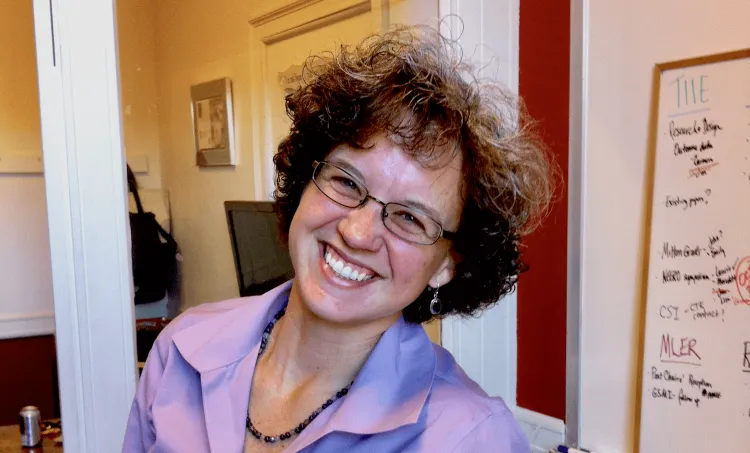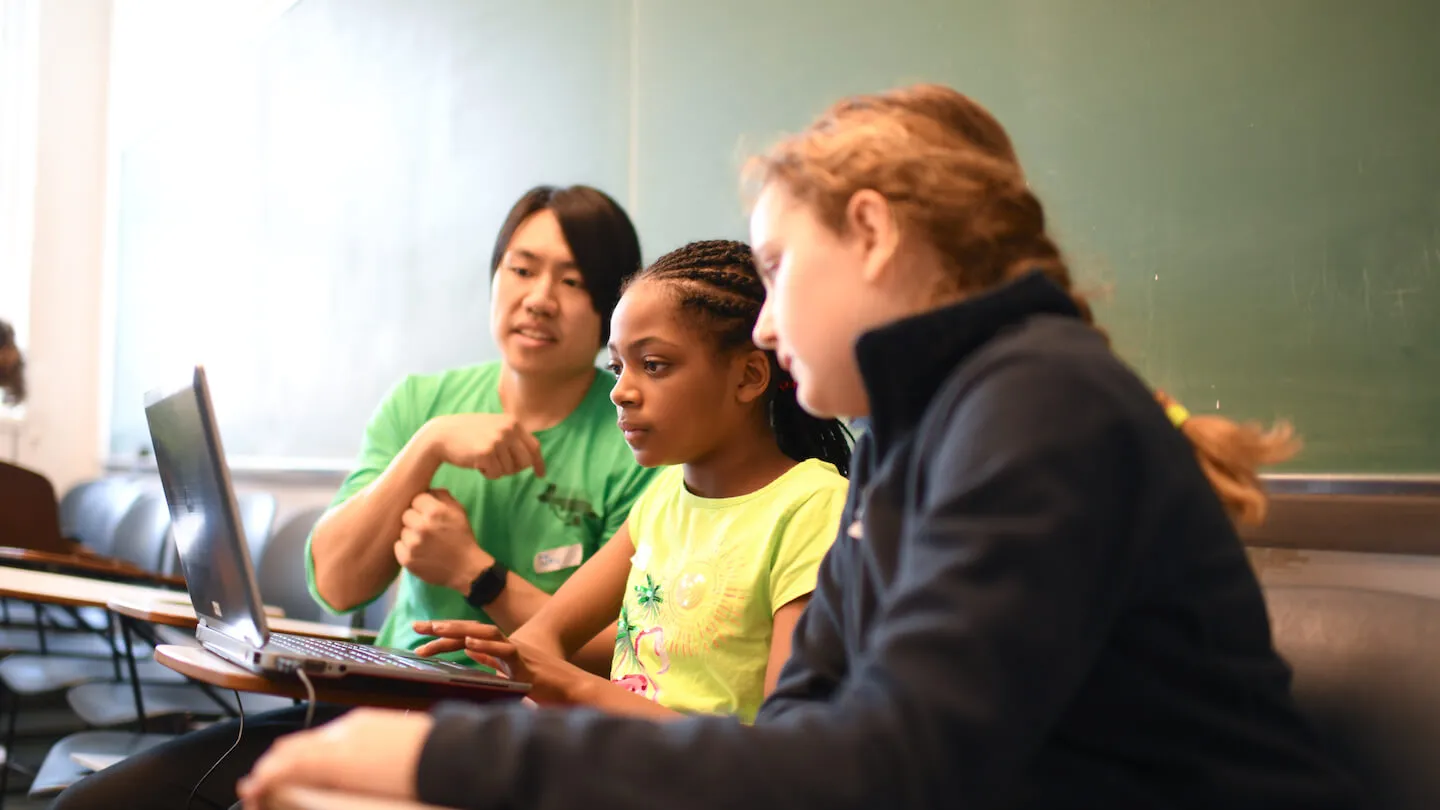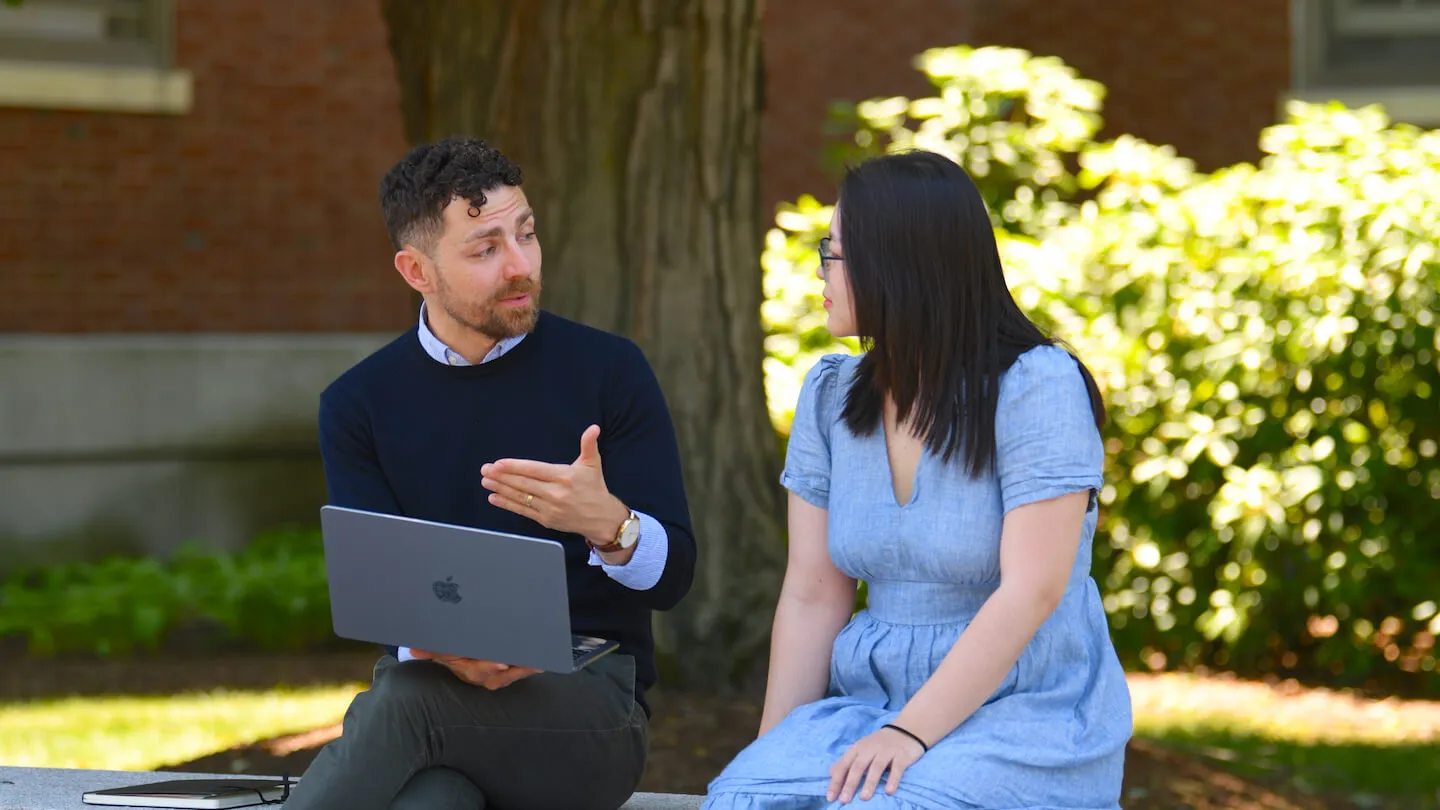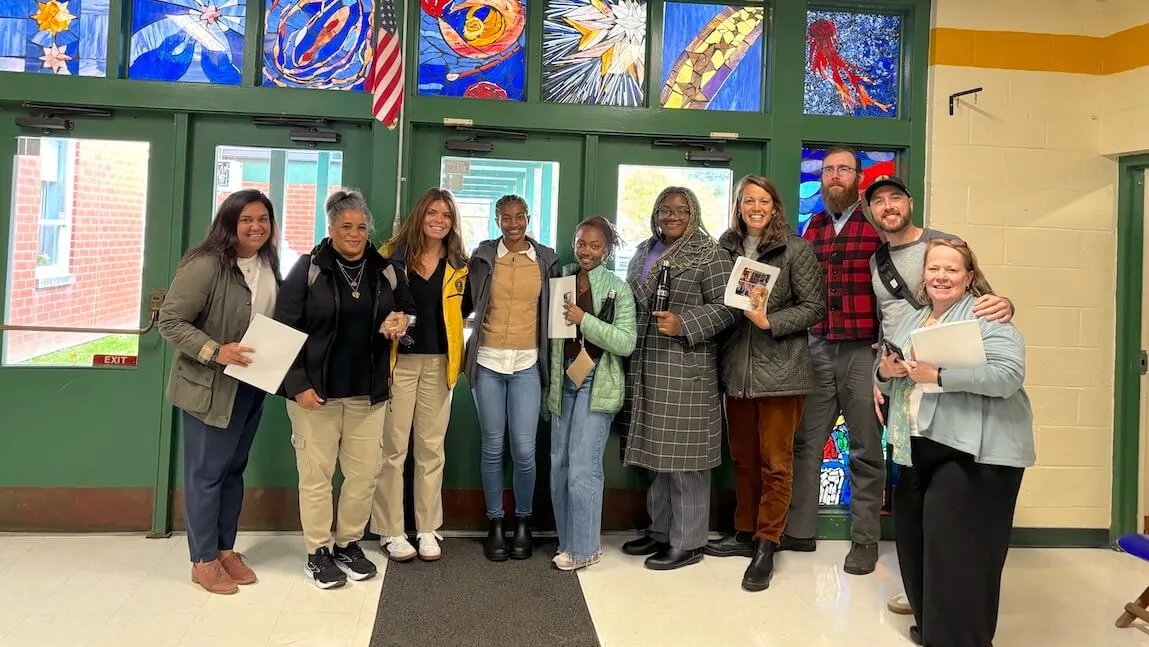As a 2025 Fulbright Global Scholar Award recipient, UVM Professor Maureen Neumann is an innovative STEM educator and researcher in mathematics and technological education. Given annually to a select group of U.S. academics and professionals, the prestigious award allows for the pursuit of research projects in two to three countries.
Neumann’s Fulbright project is being conducted in Canada, Germany, and New Zealand. The data she collects will provide insight on the best practices, barriers, and innovative strategies for leveraging Generative Artificial Intelligence (GenAI) in teacher education programs and K–12 classrooms.

In her long line of research, Neumann has published numerous papers in some of the top journals in her field. She is part of a team that secured a National Science Foundation grant for curricular changes in STEM. And she previously received a CESS Innovation grant allowing elementary education faculty to study the effects of stress on students completing licensure portfolio.
We asked Neumann to share more about her research and how she will use her Fulbright Global Scholar Award to enhance teaching in the U.S. and around the world.
How did you react when you were notified that you won a Fulbright Global Scholar Award?
“I felt a deep sense of honor and excitement. It was both validating and energizing to know that the Fulbright program recognized the importance of exploring how GenAI can transform teaching and learning across global contexts. It’s also quite humbling, because only 13 people received this award.”
In what ways will the award enable you to further your research? How will it be used?
“The focus of my Fulbright research is to explore how teacher educators leverage GenAI as a technological tool to enhance teaching strategies and students’ learning. It also provides a unique opportunity to expand my knowledge about Canada, Germany, and New Zealand because each country has a distinct approach to teacher education and technological integration.
“This award allows me to immerse myself in diverse educational systems and collaborate with teacher educators from around the world who are grappling with the same questions around GenAI and equity as I am. It enables me to collaborate directly with international colleagues and collect rich qualitative data through interviews, artifacts, and on-site observations. This research topic is theoretical but also practical and rooted in real-world classrooms, which is what I love to do.”
In particular, Neumann’s project will examine the following topics:
- How do different teacher education programs in Canada, Germany, and New Zealand leverage GenAI in the preparation of their teachers?
- How is GenAI used to enhance teacher educators’ strategies in the classroom to support K–12 pre-service teacher learning?
- What challenges and benefits exist in using GenAI in pre-service teacher preparation?
- How do pre-service teachers understand and leverage GenAI in their planning and instruction to help their K–12 students learn?
How does your interest in eliminating disparities in mathematics performance and access to classroom technological innovations come through in your research?
“My research has always been grounded in the belief that equitable access to high-quality instruction and technological tools is essential for student success. I have always worked to ensure that all students, regardless of background, benefit from innovative teaching practices in mathematics, technology, and engineering.
“My Fulbright work builds on my prior scholarship in computational thinking and effective mathematics pedagogical strategies and technology use. By examining how GenAI is integrated into teacher education programs, I aim to uncover both the opportunities and barriers that exist. Through collaboration with international partners, I’m able to explore how different countries’ systems address these disparities and learn strategies that promote inclusive and effective learning environments.”
In what ways have you been able to incorporate your findings from your research into curriculum, particularly in preparing future teachers?
“My research directly informs the undergraduate and graduate curriculum by shaping how we prepare future educators to use emerging technologies like GenAI thoughtfully and effectively. I also integrate findings into my coursework that emphasize computational thinking, ethical technology use, and pedagogical innovations.
“As one of the teachers for the doctoral research methods courses, conducting my own research project also helps in keeping me current on the technology tools that are out there supporting qualitative research.”
What is your motivation for maintaining such a long line of research in mathematics and STEM education? What are your hopes for the results?
“My motivation comes from a deep commitment to empowering teachers to meet the diverse needs of their students and to foster critical, thoughtful, and creative thinkers. Education is the foundation of a vibrant, democratic society, and teachers play a pivotal role in shaping future citizens. This research allows me to explore how GenAI can be harnessed to support that mission.
“My hope is the findings will lead to more effective teacher preparation programs, greater equity in access to and use of technological tools, and improved learning outcomes for students worldwide. Ultimately, I want to contribute to a global dialogue on how we can responsibly and innovatively integrate GenAI into education.”
What is the next project on the horizon for you?
“Building on the insights from this Fulbright research, my next project will focus on developing a framework for integrating GenAI into teacher education curricula in ways that are culturally responsive, pedagogically sound, and ethically grounded. I plan to collaborate with faculty across disciplines to co-design resources that will support teacher educators and pre-service teachers.
“This work will also explore policy development and professional learning models that can be adapted across institutions. It’s an exciting next step for me that continues to bridge research, practice, and global collaboration.”


